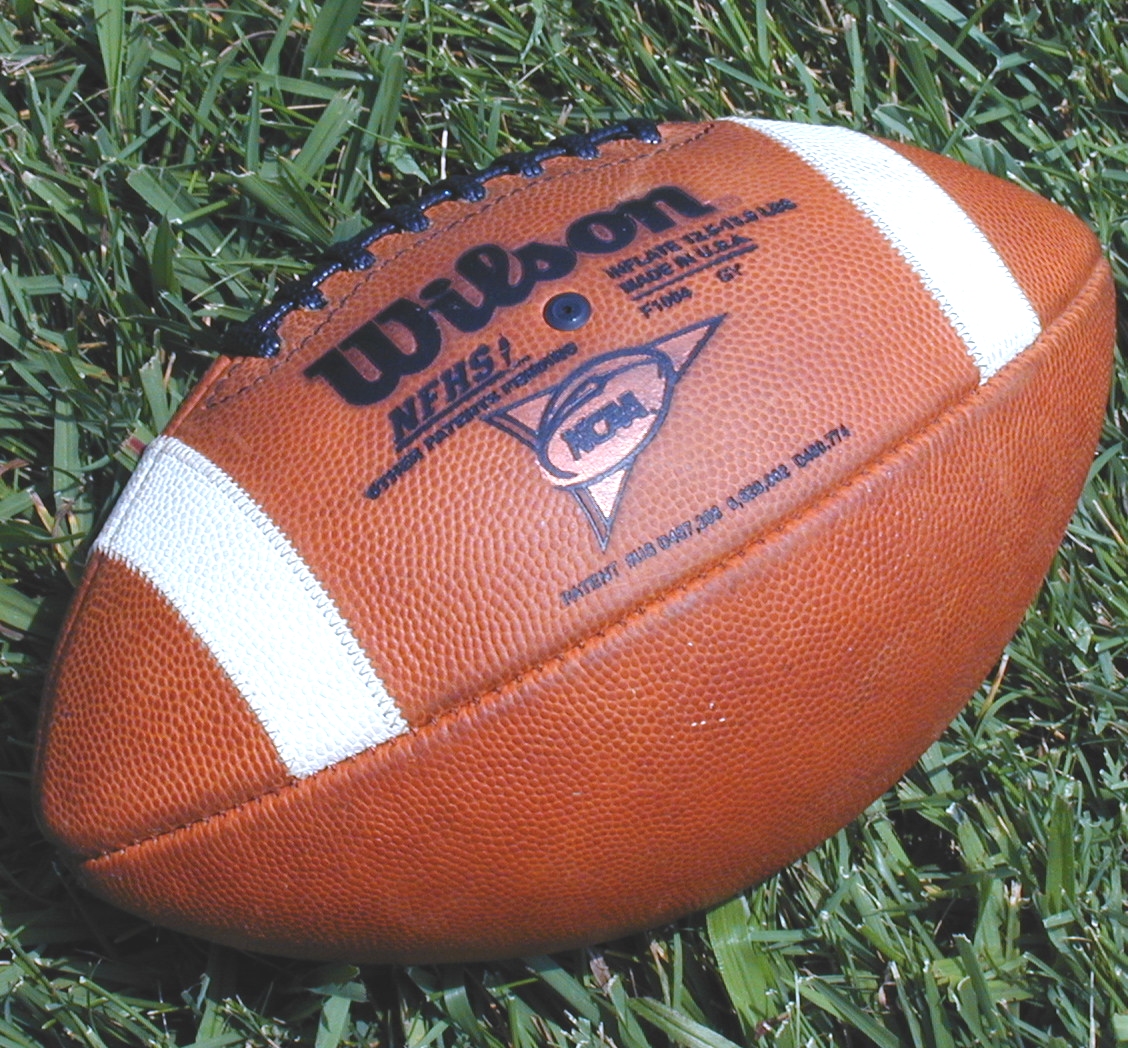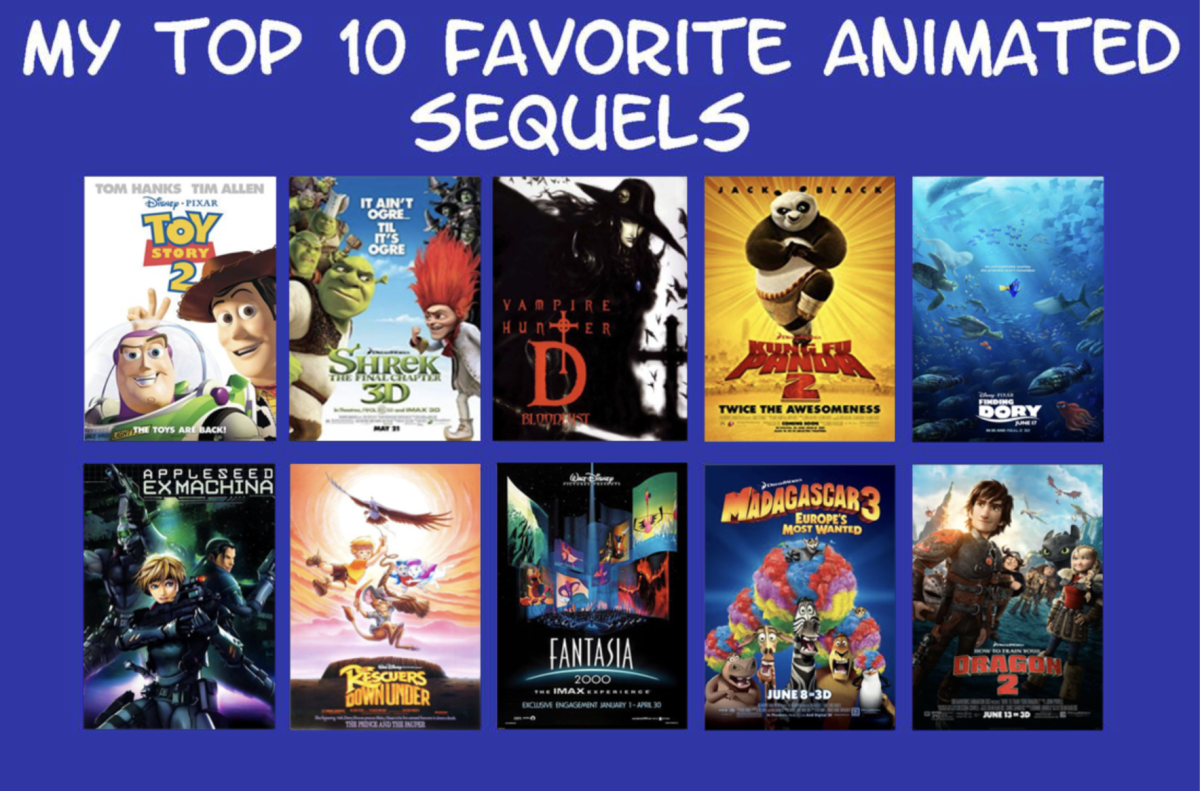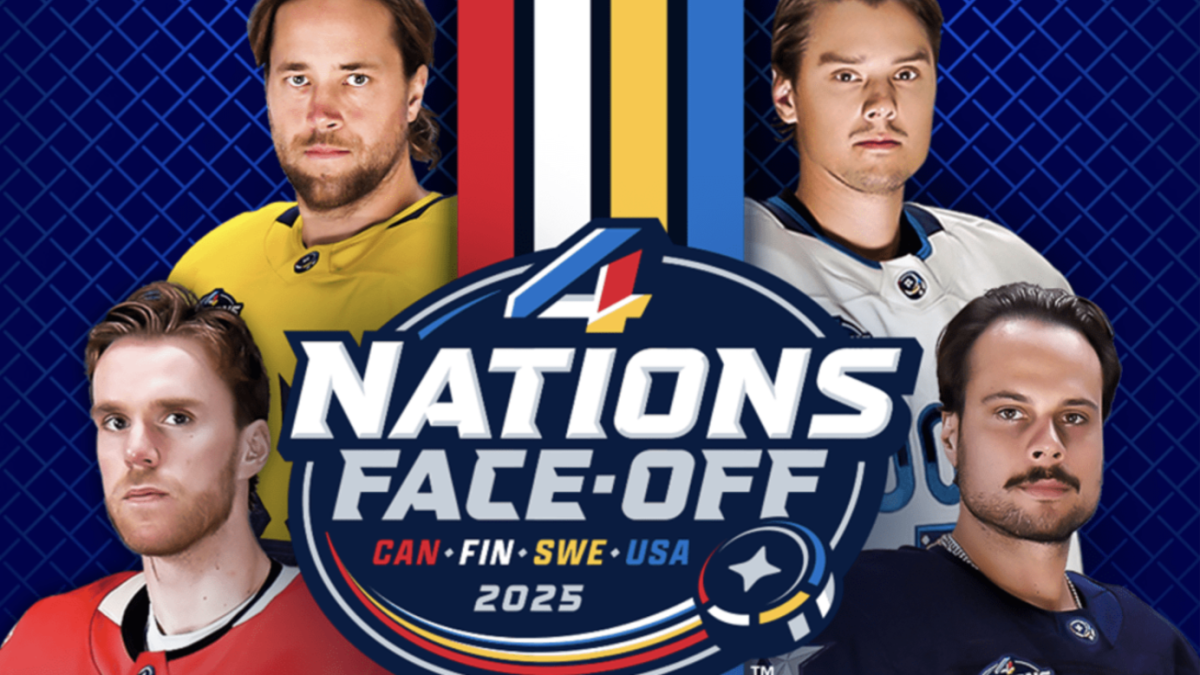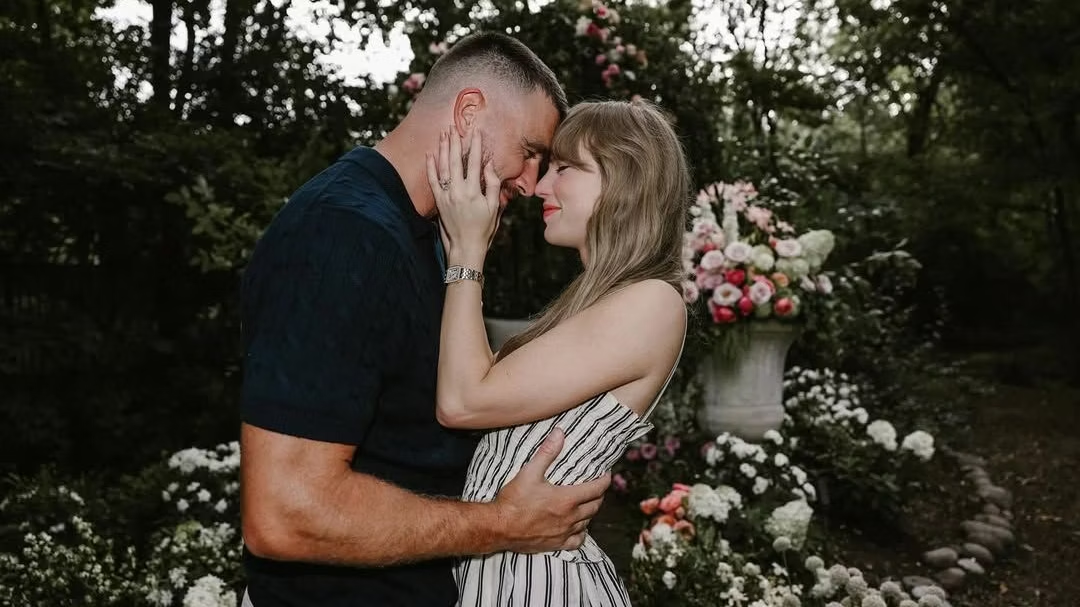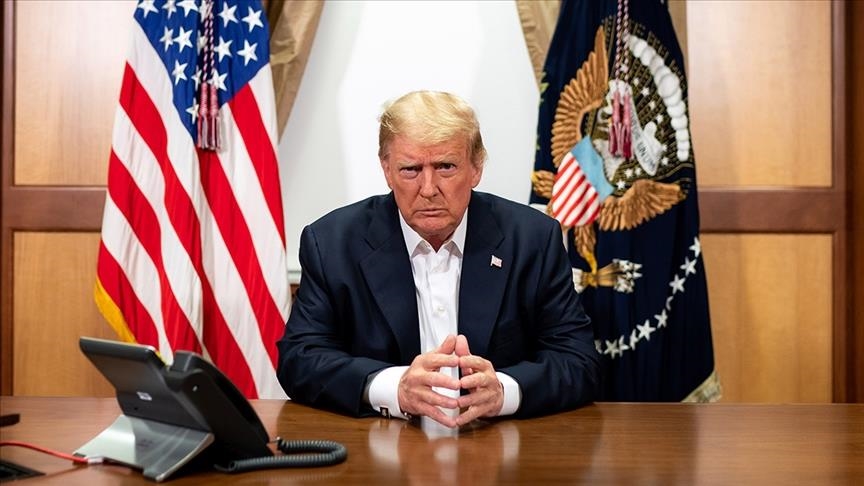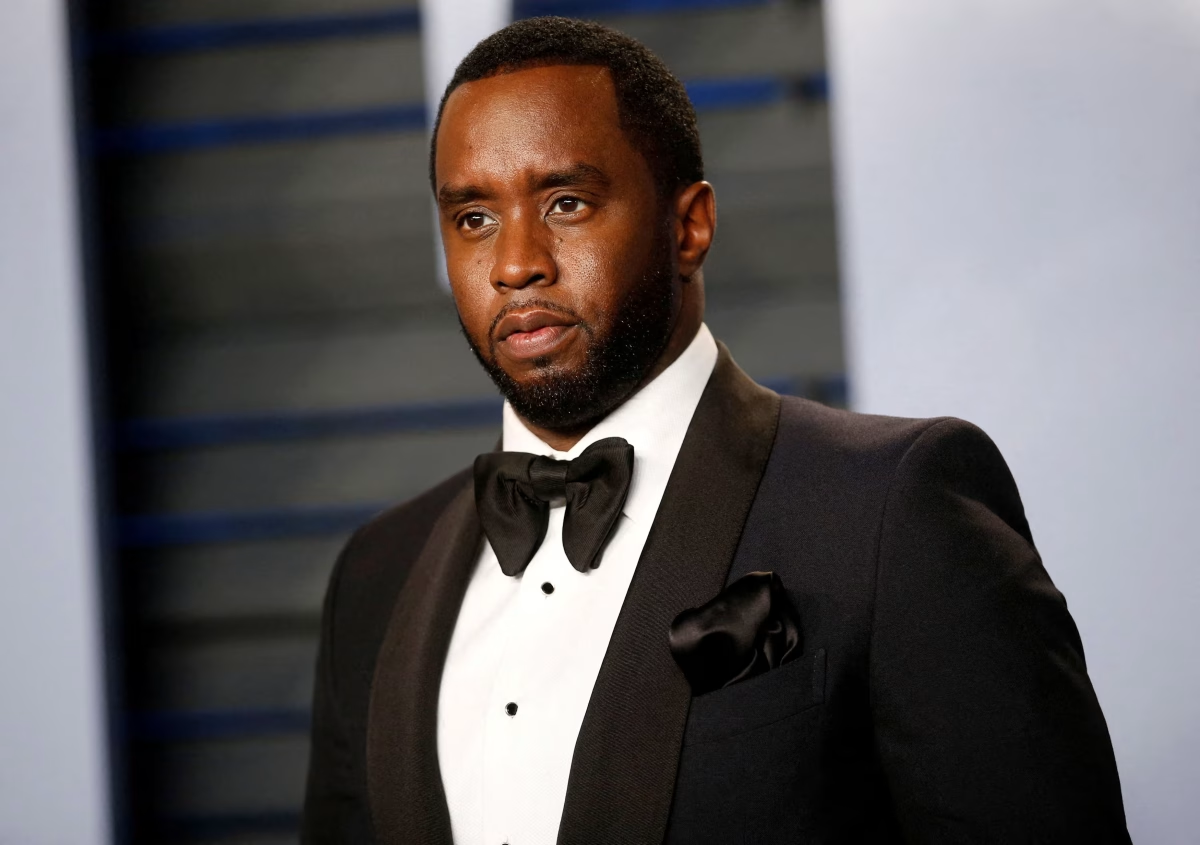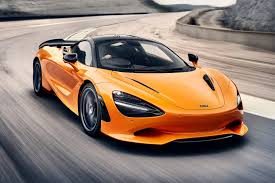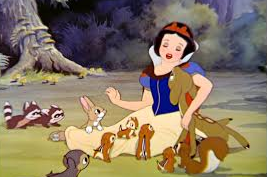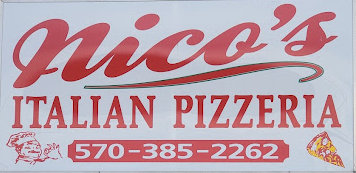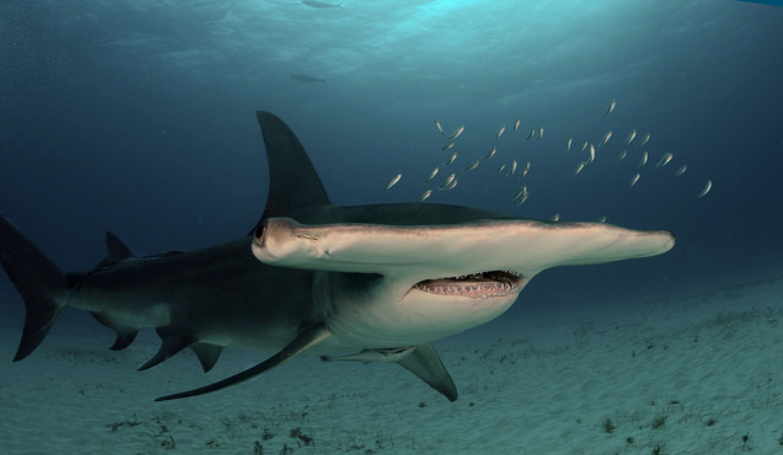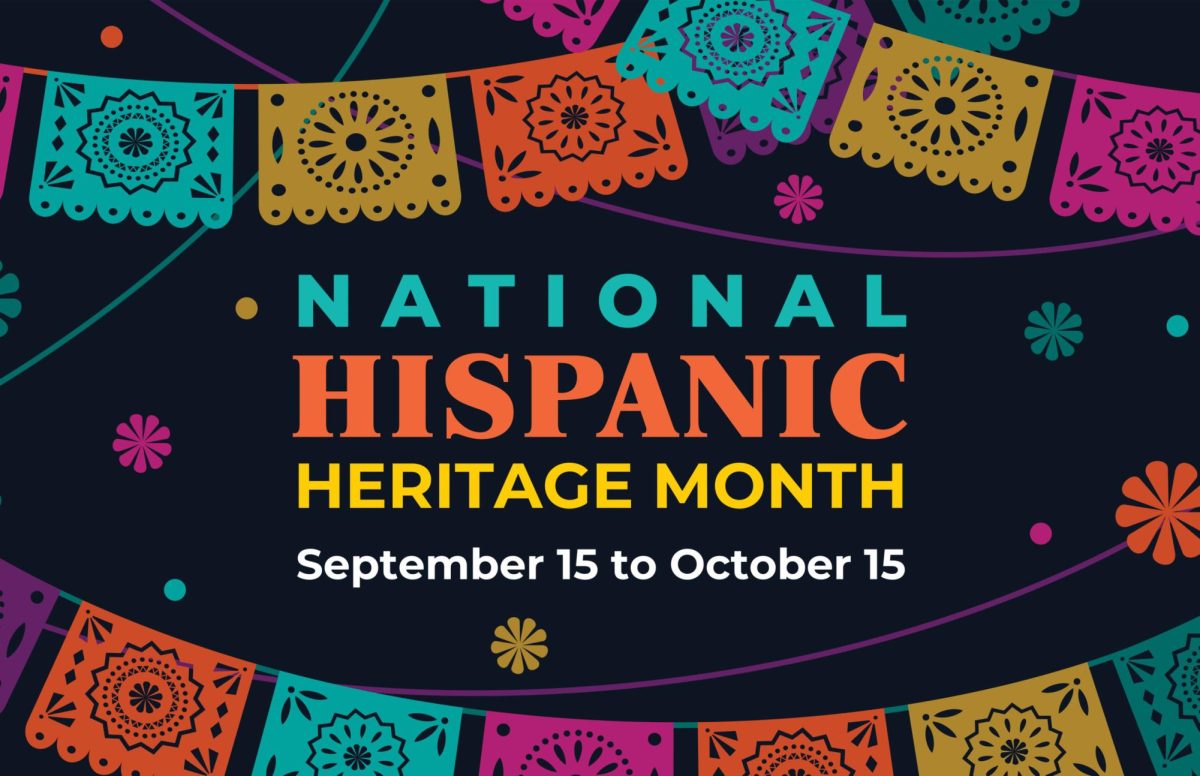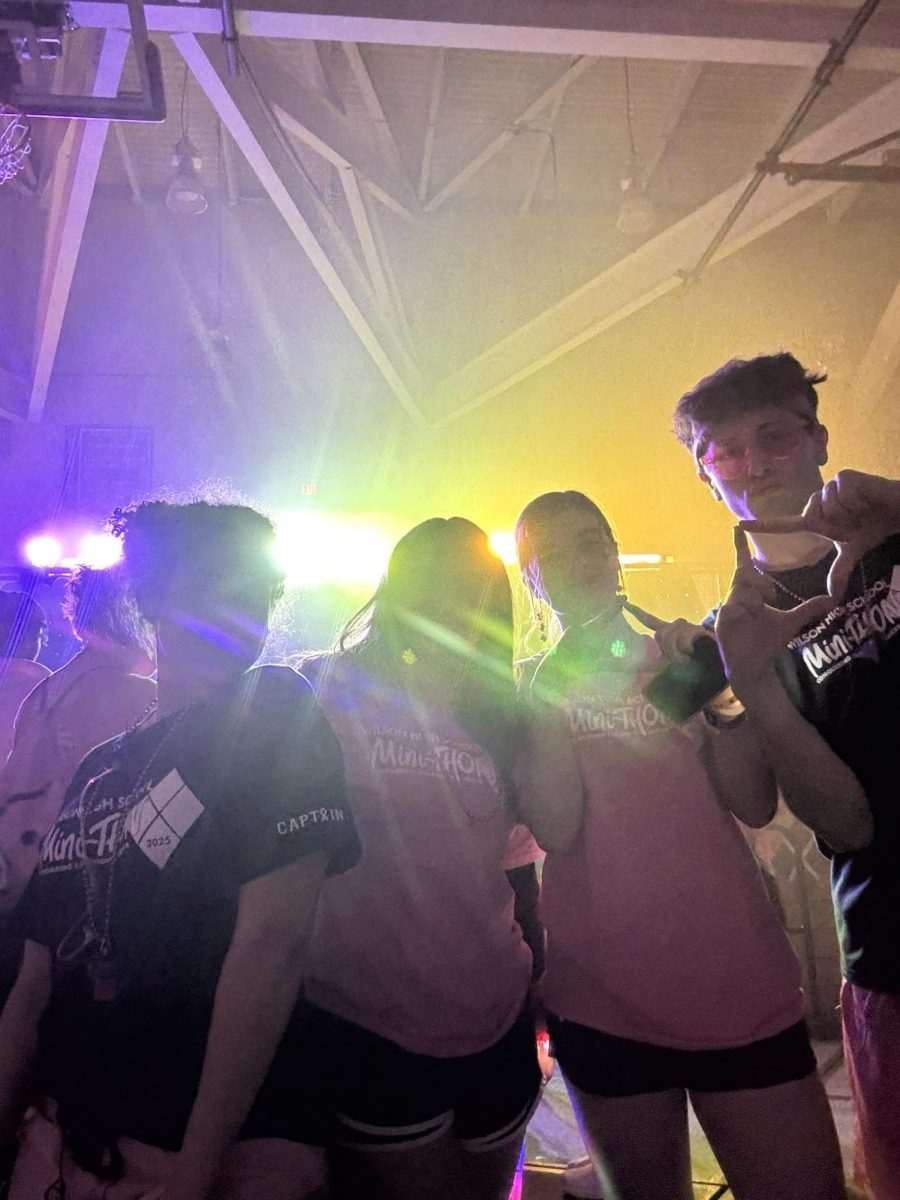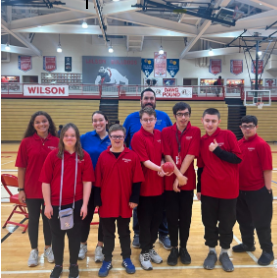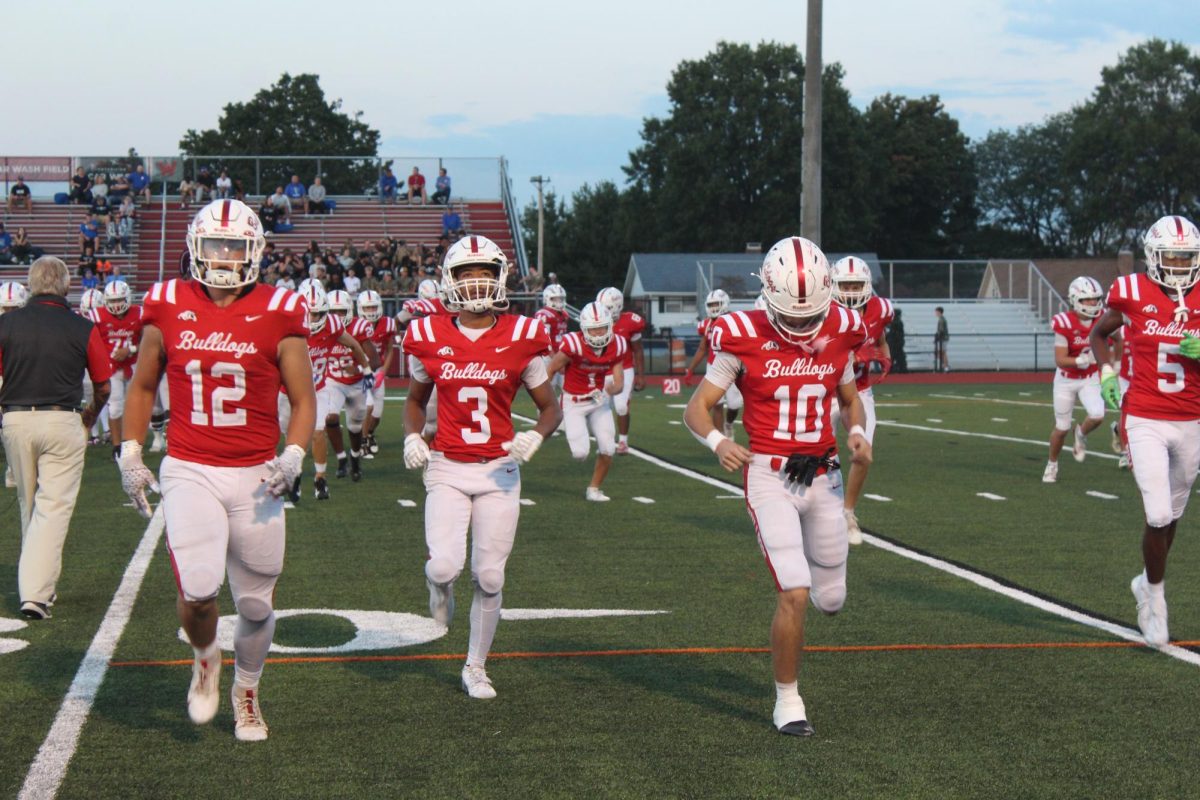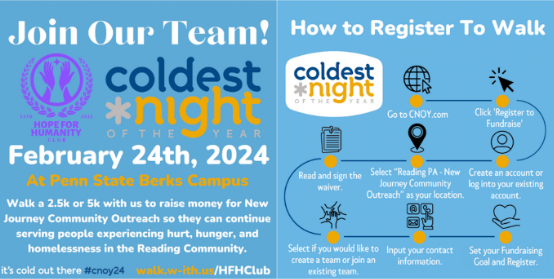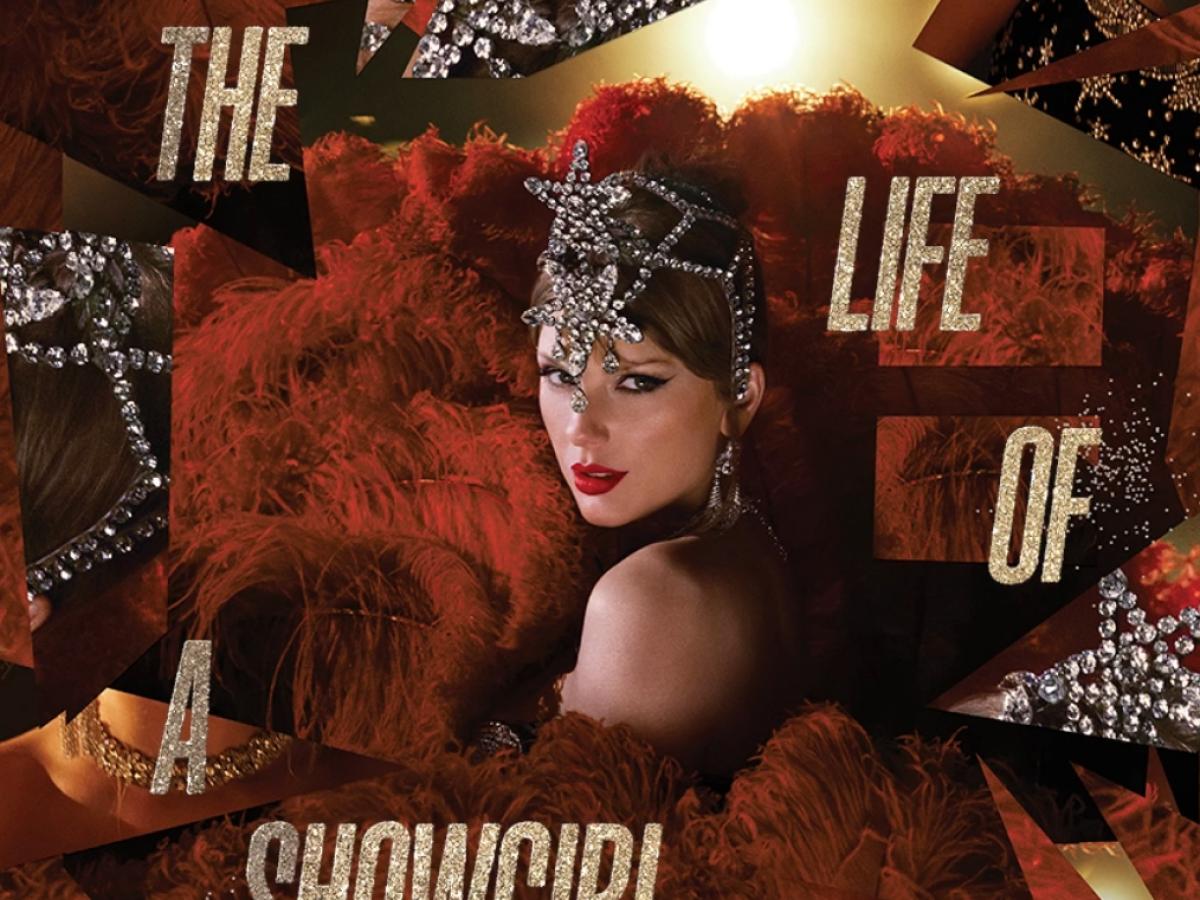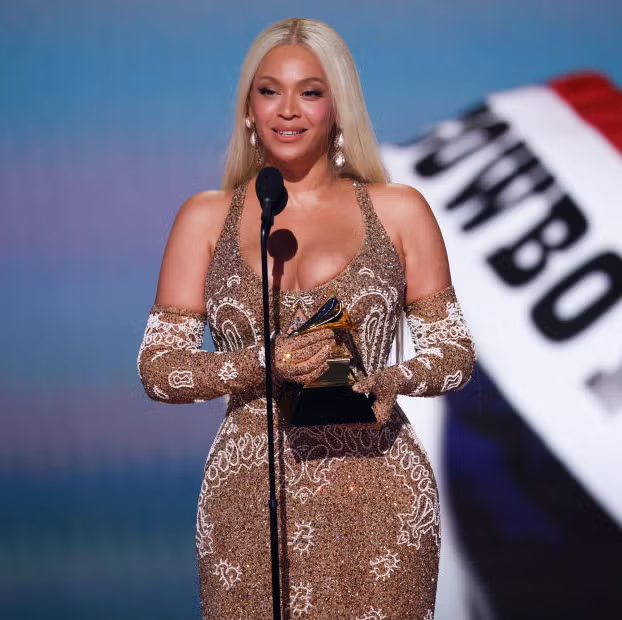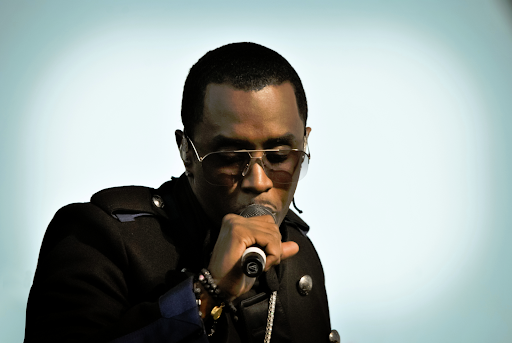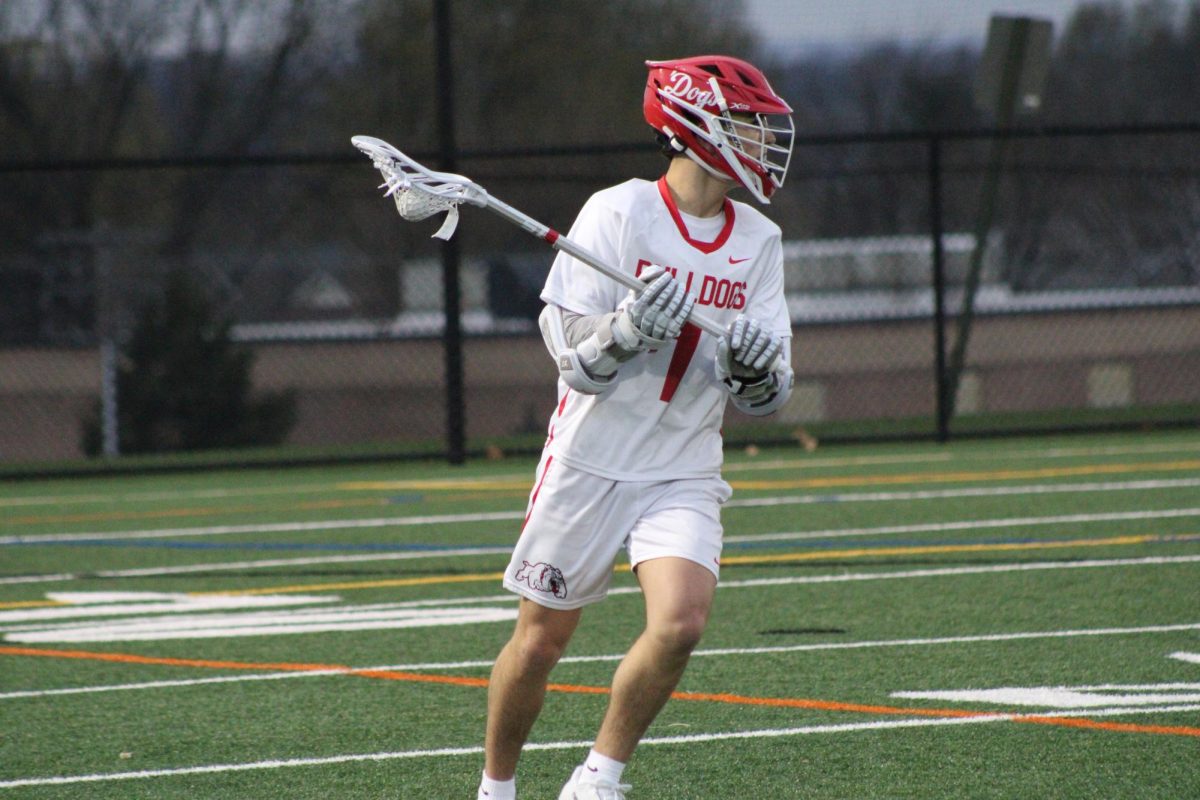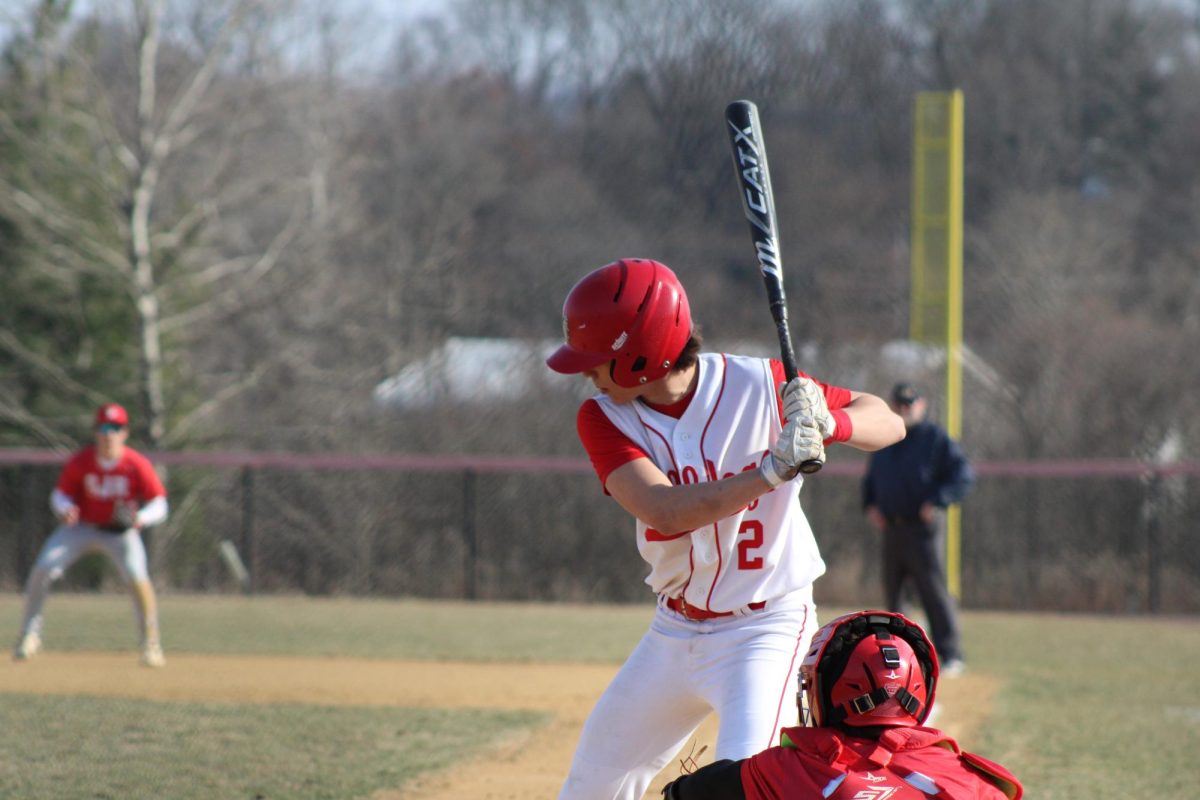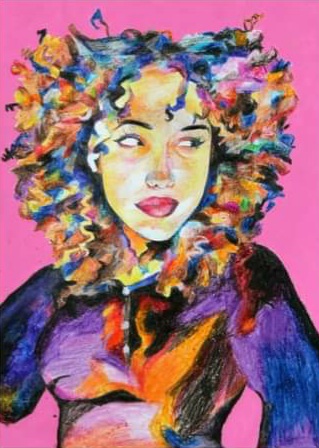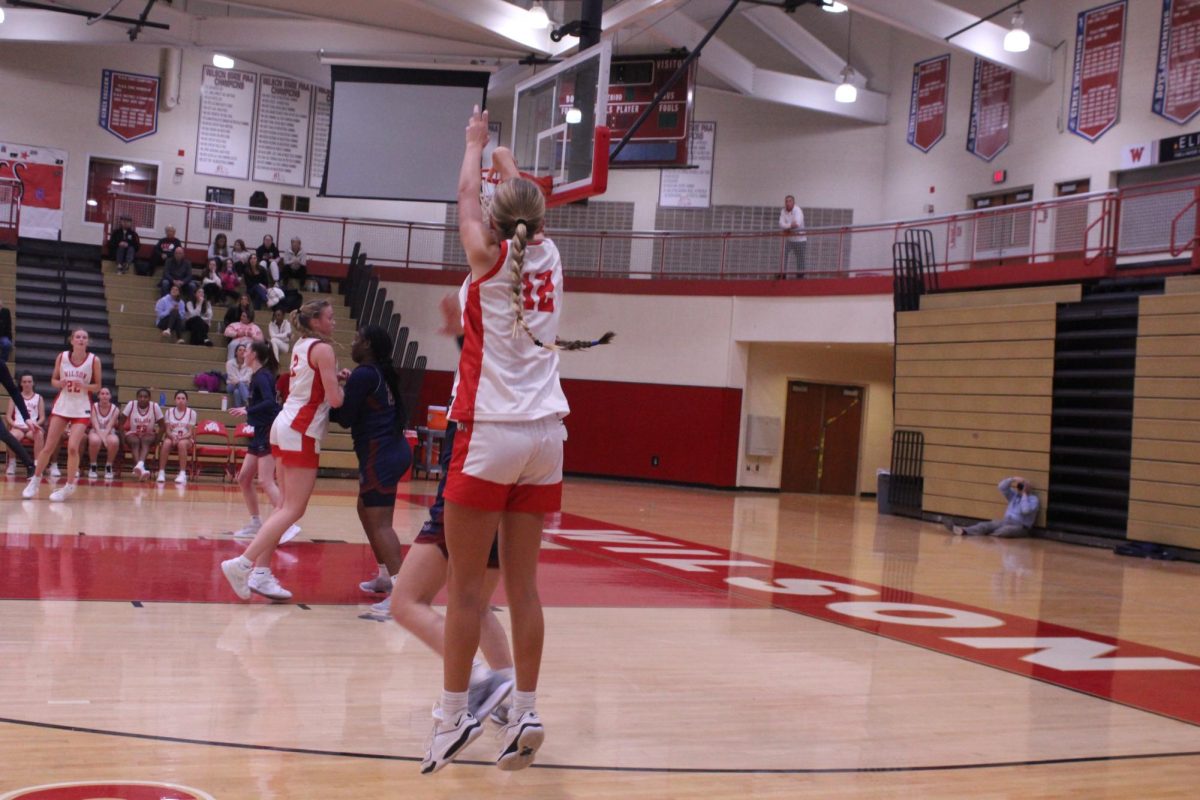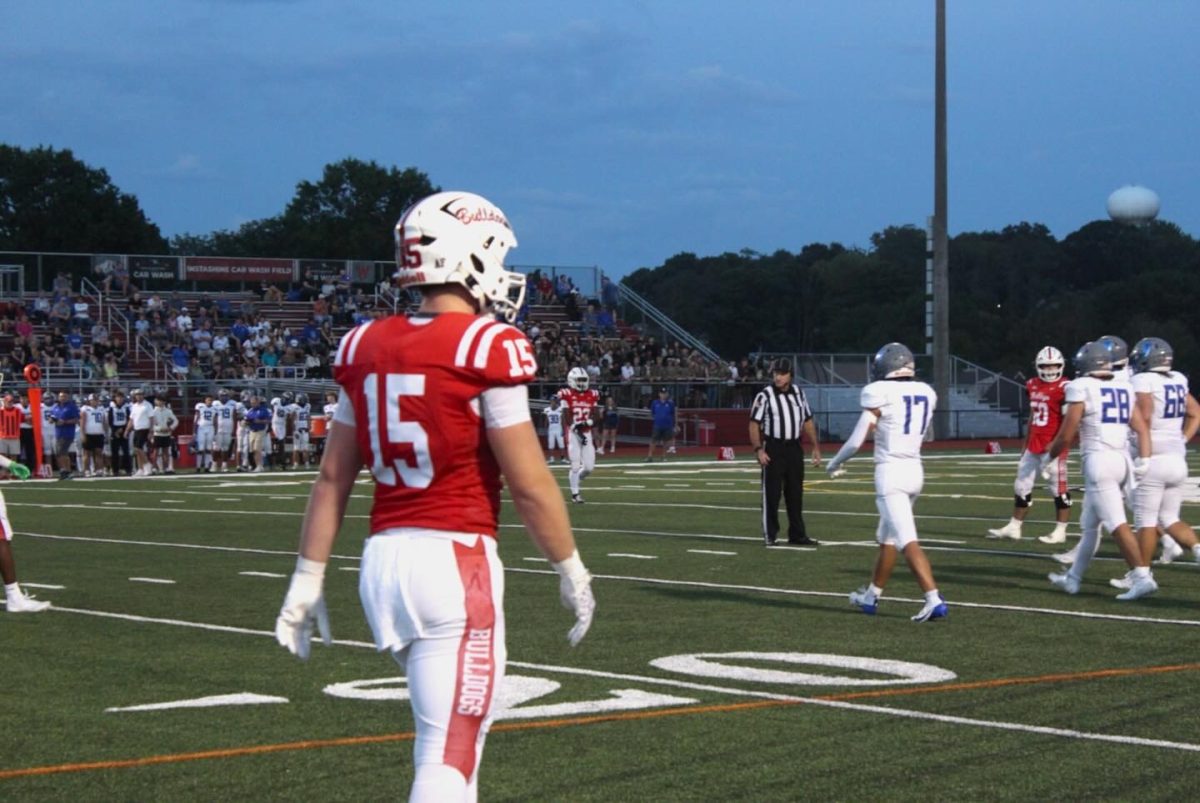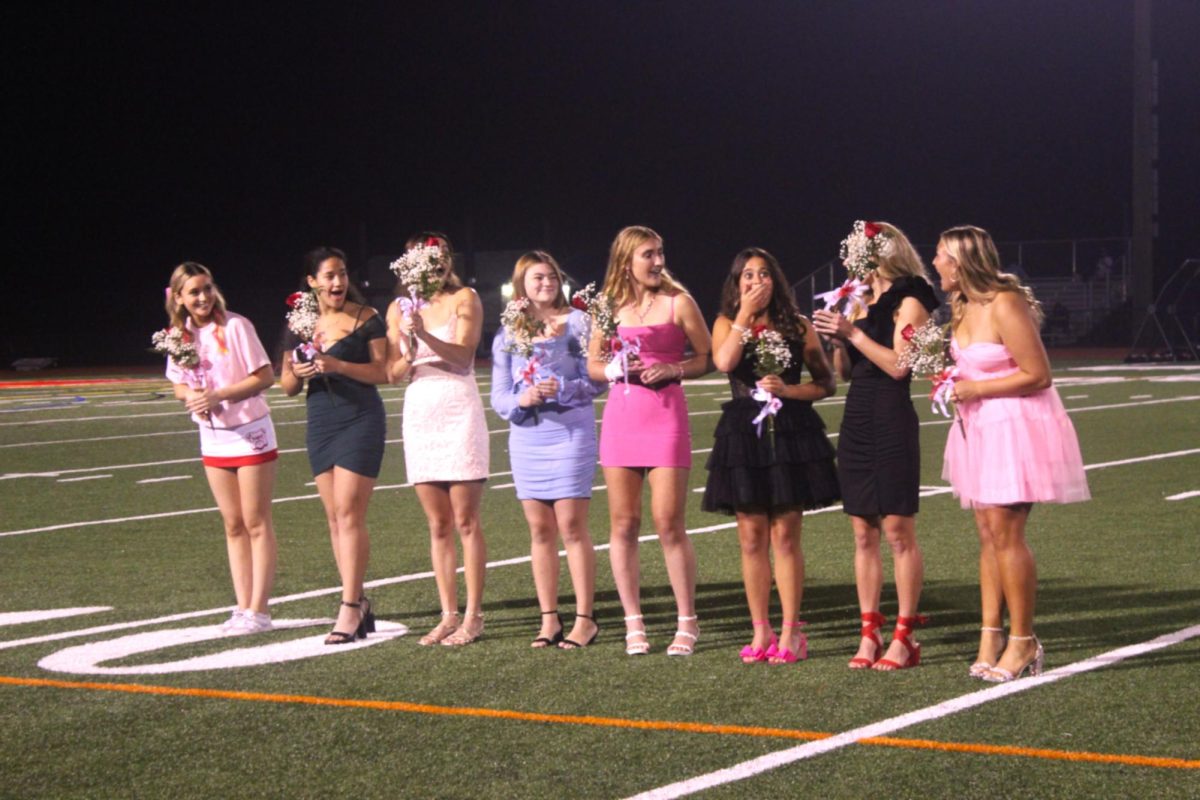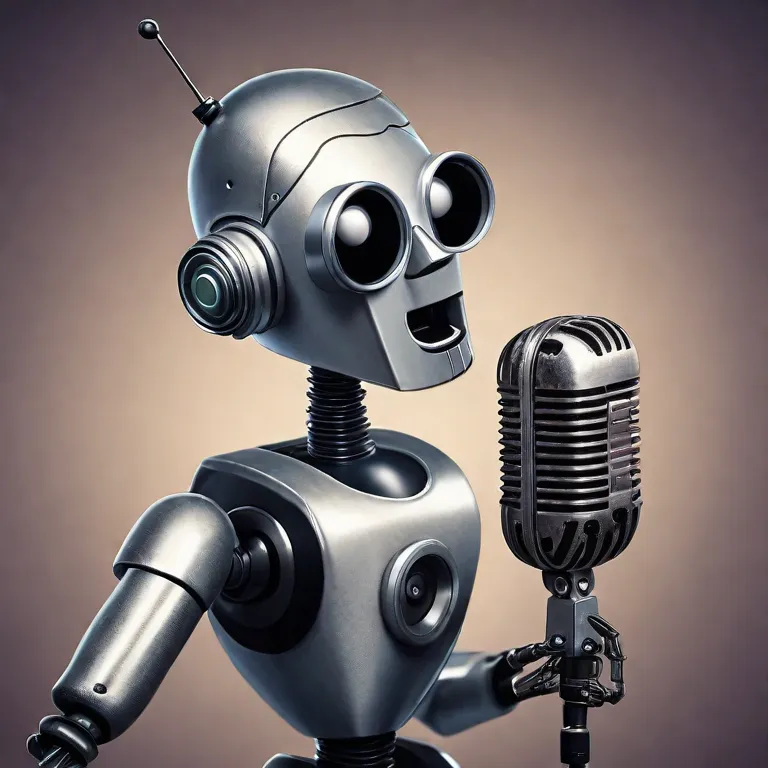AI cover songs are definitely a thing nowadays. TikTok and YouTube have them! It seems like something we never think about, right? While they may seem interesting and creative to some people, others may think that this is possibly harmful. But are AI cover songs just as good as the original songs?
For example, according to Wired.com, “It starts with a familiar intro, unmistakably the Weeknd’s 2017 hit “Die for You.” But as the first verse of the song begins, a different vocalist is heard: Michael Jackson. Or, at least, a machine simulation of the late pop star’s voice.”
When you hear AI cover songs, and not just “Die for You” by the Weekend, you can clearly tell that it’s not being sung by the original artist. According to Amanda Hoover from Wired.com, “It’s just one example of how artificial intelligence is seeping into the music industry. Surf YouTube or TikTok and you’ll find many convincing AI-made covers.”
“I think people are making AI cover songs for a number of reasons, but at the heart of AI covers is accessibility,” Mrs. Fisch said. “People who have terrible voices, limited finances, no connections, etc. – now they can all make music in the comfort of their own homes. AI is easily accessible and does the hard work for people. I think some people are doing it for humor, which I appreciate, but you have to look at the long-term consequences to the artists.”
There are many of those out there. From AI covers of “Peaches” by Jack Black to “Bohemian Rhapsody” by Queen, it seems crazy that this is real! We were more than likely not expecting this at all. It leaves us wondering how these are made. The answer may shock you! Speechify says “Making a cover song with AI involves uploading the original song into an AI tool that can handle vocals, specifying your desired changes (such as instruments or vocal style), and then letting AI generate your cover.”
“I think that creativity isn´t the issue. Some people would argue they´re not creative because the AI is doing the work, while others would say that AI makes creativity more accessible. The issue here is whether it´s ethical.” Mrs. Fisch stated.
For musicians, what should they know? First, they should know what AI is. Berklee Online states “Before defining what AI music entails, let’s first define artificial intelligence. Here is Wares’ definition: “Artificial intelligence is like the brainpower of a computer; its technology that allows machines to mimic human thinking or behavior, such as problem-solving, learning, or recognizing patterns.” Based on information from Berklee Online “In the context of music, AI technology has reached the point where it can generate, compose, and enhance musical content that has previously been performed by humans. AI music takes many forms and types of assistance, from generating an entire song from start to finish, to writing specific aspects of a composition, to mixing and mastering a production, to voice cloning, and more.”
Second, they should know about this music along with copyright. “One of the most debated issues with AI in the music industry is around who makes money off of a work that is created using AI, especially if the algorithm is trained using existing copyrighted material,” Berklee Online says. “In May 2023, Universal Music Group urged streaming services to block the use of AI-generated music, claiming that it’s using their artists’ music to train its algorithm, and that they would take legal action if needed. Spotify responded by taking down 7 percent of AI-generated music on its platform, which equates to tens of thousands of songs. In July 2023, UMG called on Congress to enact nationwide policy to protect creators from AI copyright infringement.”
Ethical issues are definitely something important that needs to be known. While copyright is one, there are more issues than just that. For instance, “One of the immediate concerns is bias in data set training. An example is AI rapper FN Meka, who was signed by Capitol Music Group in 2022 and subsequently dropped for perpetuating racial stereotypes,” according to Talia Smith-Muller from Berklee Online.
Tools are the next important thing to know. These tools include “BandLab SongStarter, Midjourney, Mix Monolith, Landr AI Mastering, and AIVA.”
While there are many other things musicians must know about AI music, these seem to be the most important out of all of them. That is important because now that AI music is a real thing, for musicians who want to do that, it is important for them to know all of this information and the tools they can use to do that.
But what about the music industry? What is this going to do? According to Mirror.co.uk, “If you´ve been on TikTok recently you might have spotted some unusual artist song covers floating around, with the Weekend singing “Hannah Montana” or Harry Styles dueting “Ceilings” with Lizzy McAlpine.” “But it’s not real, sings Lizzy in the hit song that went viral on TikTok – an appropriate song for this duet since Harry´s voice in the cover isn’t actually real, it´s made by artificial intelligence (AI).”
Danni Scott from Mirror.co.uk stated “These AI covers are everywhere on TikTok right now, varying in success at mimicking the voices of popular artists but concern has been raised that this technology could become a danger to real musicians and the industry as a whole.” That is concerning to think about, and quite frankly, this should be something that musicians and the music industry should be concerned about as well. What would happen if this took over? What would the purpose even be of Musicians´ making music when AI does that?
“AI is a powerful new technology that can learn and adapt to give a more tailored or high level experience for the user,” Mirror.co.uk stated. “The AI creator can feed artist’s entire back catalog to the software, including recorded or live vocals and speech patterns to allow it to mimic their singing.”
“The most well known of these is DiffSVC, created at the Chinese University of Hong Kong, which rose to prominence with users releasing some scarily accurate Ariana Grande AI covers.”
“With the increasing availability of AI software online, more and more fans have begun experimenting and creating their own covers using their favorite artist´s voices – without the artist having any knowledge of it.”
Unfortunately, a threat is posed with this. According to Routenote.com, “AI poses an existential threat to the music industry as algorithms drive streams and AI-generated music becomes more convincing by the day. Musicians are concerned: The brilliance of AI (artificial intelligence) can never shake the shadow of concern over what it means for human creation.”
“Personally, I think AI covers are unethical, as they are using the artist´s voice and style without permission, and they are corrupting a form of art by removing the human element,” Mrs. Fisch said. “The arts are a place where our humanity lives and breathes; if we allow that to be taken over by technology, we are essentially removing the soul. People love music that has genuine emotion and tells a story. AI can only mimic that, and who wants an imitation when the real thing reaches into the depths of your soul?”
While there are people who may agree with this, others are thinking the opposite. There are always two sides to this. Not everyone agrees with each opinion. Some people may find these to be catchy, and that could be because of the fact that it is enjoyable and incredibly creative. They may also find it better to make them instead of musicians making their own songs and singing them themselves.
Others could find it as something that is simply not good at all, let alone for musicians. That may be from their viewpoints and the possibility that they think AI music could easily take over original songs, and that it may not be worth it anymore to make these, and they may agree that artists´ making their own music is a lot more better and more interesting, because they don´t use the technology that is used to make this type of music. They may also think that AI cover songs are not better than the originals. “No.” Alex said.
This may become more of a thing over the next few years. “Yes, because of the new technology, people are dependent on it and they are using it more as technology than artists.” Alex said. It basically means that original songs may be taken over as time goes on.
Because we have AI in the world today, cover songs are definitely here. While there could be pros, there could also be cons. Once again, this is something that people have different viewpoints on. It’s important to think about both sides and not just one of them. In the end, we possibly will have to wait and see what the impacts are.
